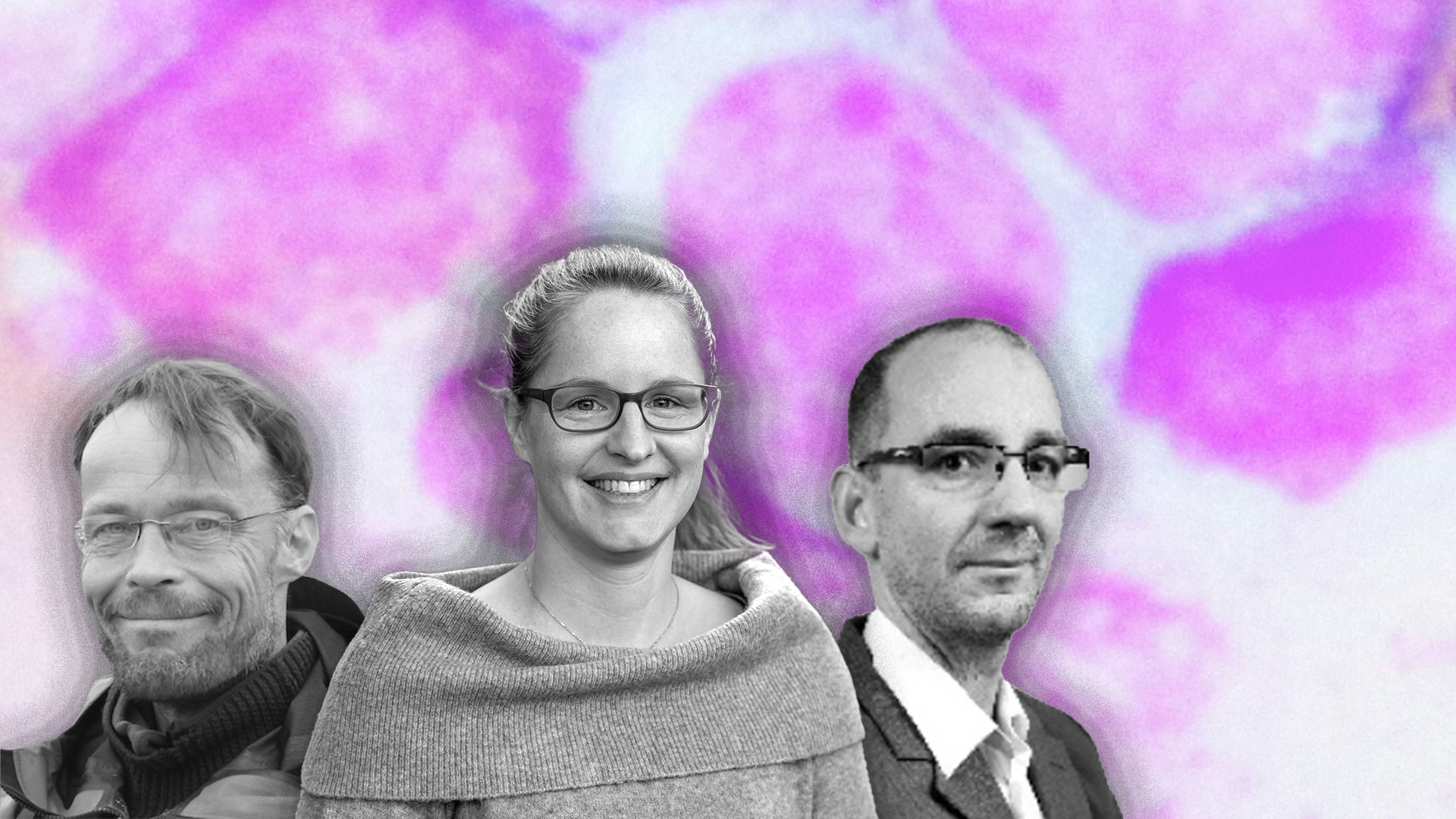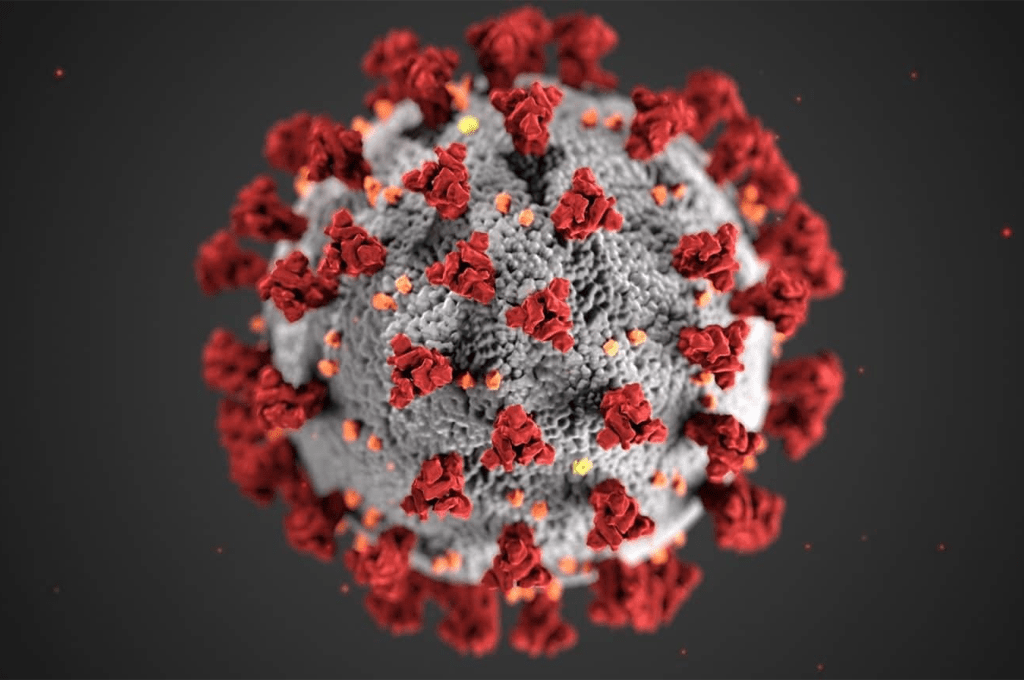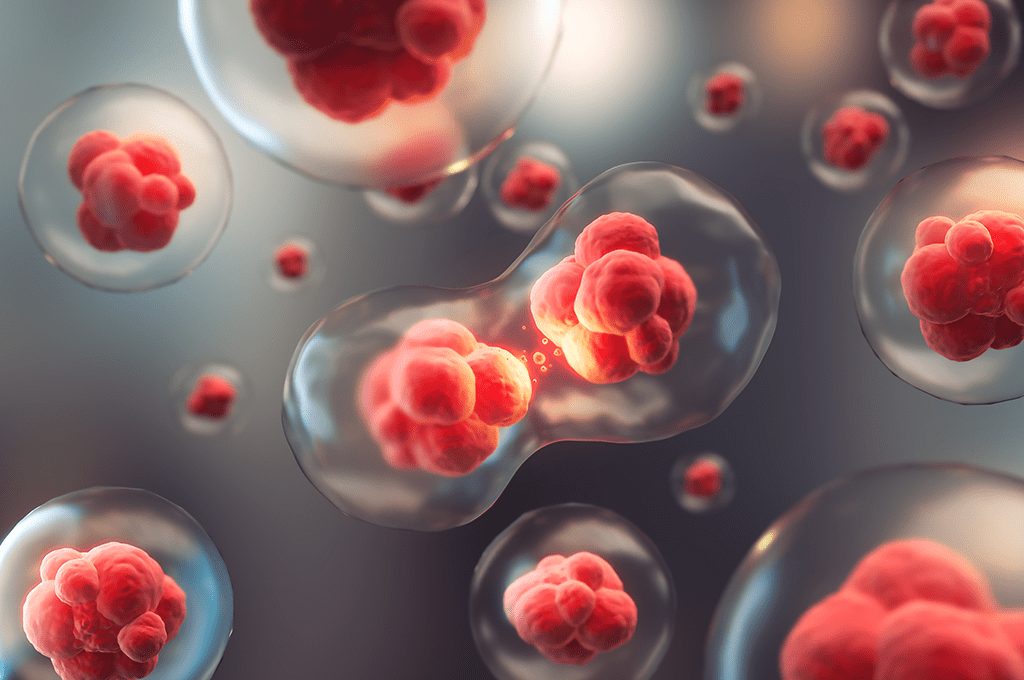SciLifeLab researchers granted 83,8 MSEK from Knut and Alice Wallenberg Foundation
Three SciLifeLab researchers have been granted 83,8 million SEK from Knut and Alice Wallenberg Foundation. One of them, Arne Elofsson (SU), received a research grant of 30 million SEK. The goal is to utilize the potential of artificial intelligence and develop new tools for increasing our understanding of human cells.
The human genome is large, and includes more than 20 000 genes. These genes, in turn, are used as blueprints for many more protein forms with various types of modifications and splicing variants, although the exact number is still largely unknown. To identify the many different forms of protein present in human cells, Arne Elofsson’s group will utilize deep learning methods. This will also allow them to study how the proteins interact with their environment.
“Within the project, we hope to be able to map most of the protein interactions found in a human cell. To achieve this, we will need to develop new methods based on artificial intelligence and exploit new information from large-scale experiments. We hope that the project will lead to the development of new tools that can be used by everyone, as well as to an increased understanding of how a cell works”, says Arne Elofsson in a press release from Stockholm University.
Platform director of the Spatial and Single Cell Biology Platform and his colleagues have already developed new methods for studying interactions between proteins, and improved methods for predicting the structure of large protein complexes using AlphaFold – a deep learning tool from Google’s DeepMind. DeepMind shook the world in 2017 with their Go-playing AI ‘AlphaGo’ that could defeat humanities best – and now AlphaFold heralds a revolution in the fields of cell biology and medicine.
The protein forms they hope to identify will be used to create even more accurate models of protein complexes. To test predictions and create more experimental data, they will utilize mass spectrometry, since it’s a fast way to provide information on how proteins fold and interact.
To model all the proteins and their interactions within a human cell, the researchers will have to develop more advanced deep-learning methods, produce experimental data, and increase their access to data capacity. With that in mind, they have already developed their own open software with the goal of increasing its capabilities even further.
SciLifeLab researchers Lucie Delemotte (KTH), 27,100,000 SEK, and Anders Götherström (SU), 26,700,000 SEK, also received funding from the Knut & Alice Wallenberg Foundation.





